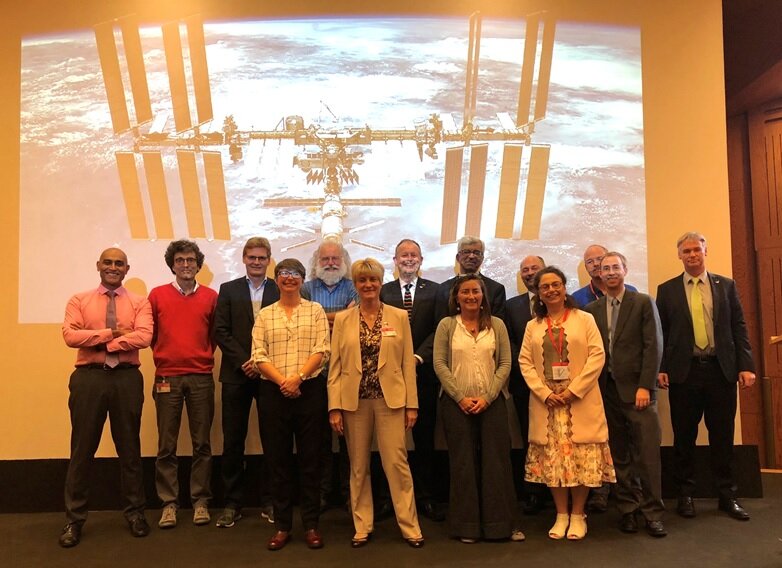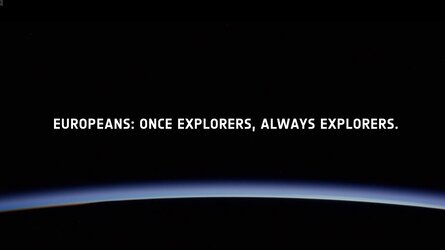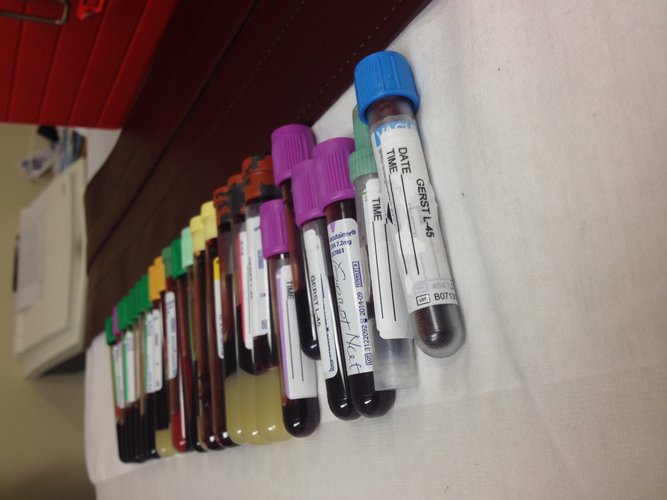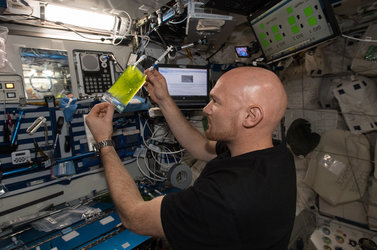New start for ESA’s exploration science advisory group
ESA’s Human spaceflight and Exploration Science Advisory Committee (HESAC) gives advice on using human spaceflight, microgravity and exploration programmes to advance scientific outcomes. In September the group had a fresh start with a renewed membership including a new chairperson, Athena Coustenis of the Paris Observatory in France.

The Committee met for the first time in this new constellation on 6 September 2018 at ESA’s technical heart in the Netherlands. HESAC is composed of 10 European scientific experts and a limited number of members from advisory working groups and observers. The Committee presents the views and needs of the European scientific community to access space experimentation and data in human spaceflight, microgravity and exploration programmes.
During its September meeting, the Committee took note of the latest developments in the European exploration programme presented by ESA’s director of human and robotic exploration David Parker. The Committee discussed a more consistent data policy for human and robotic exploration, stressed the importance of the ExoMars 2020 mission and expressed its view on the status of cooperation between ESA and the China National Space Administration on robotic exploration. The group also prepared for its coming annual review of the programme’s benefits.
Over the coming years, the Committee will address scientific topics related to the cornerstones of ESA’s exploration programme. This includes using the lunar Gateway, to research in low Earth orbit – such as on the International Space Station – as well as bringing samples from Mars to Earth and preparing for a return to the Moon with robotic missions paving the way for human exploration.
Dr Coustenis stated “although the exploration of our Solar System is not only driven by science considerations, science is a key part of the programme – and definitely a key part of the benefits we are getting out of it.
“I am thrilled to chair this advisory committee. We will give sound and useful advice on a wide range of scientific topics, for the benefit of the overall programme and for its success and prosperity in the future. ESA has established itself as one of the leading agencies in the global effort to explore beyond our planet. These are very exciting times!”








